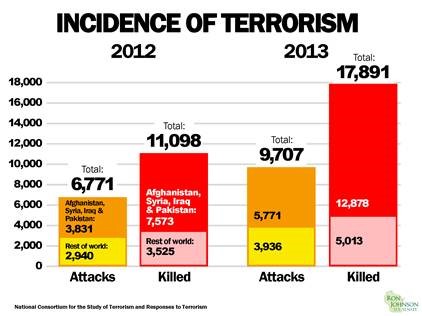WASHINGTON – Chairman Ron Johnson (R-Wis.) and the Senate Homeland Security and Governmental Affairs Committee (HSGAC) heard Thursday that while ISIS is remarkably better than other jihadist groups at recruiting supporters via the virtual world of social media, its boast of holding real-world territory makes it vulnerable.
Johnson asked the witnesses about the significance of the territory held by ISIS and the group’s claim to have established a caliphate.
“If the caliphate gets chipped away geographically, you’ll see, much more with the jihadists circles, people attacking the decision to declare the caliphate in the first place,” said Daveed Gartenstein-Ross, a counterterrorism expert at the nonpartisan Foundation for Defense of Democracies. “They’re susceptible to a brand reversal because jihadists themselves would turn on them if they start to lose the territorial advantage.”
Gartenstein-Ross was one of the witnesses at the hearing, titled “Jihad 2.0: Social Media in the Next Evolution of Terrorist Recruitment.” Other witnesses included Peter Bergen, director of the National Security Studies Program at the New America Foundation, J.M. Berger, a nonresident fellow for the Project on U.S. Relations with the Islamic World at the Brookings Institution, and Mubin Shaikh, a former Islamic extremist and author of “Undercover Jihadi,” a book about his work with counterterrorism authorities on behalf of breaking up a terrorist plot in Canada.
Chairman Johnson opened by citing a series of attempted terrorist attacks in 2015 by people recruited to the side of jihadists through the use of social media. “The point of this hearing is to show that the danger is real and in many respects the danger is growing,” Johnson said, noting that while there were 6,771 terrorist attacks worldwide in 2012, there were 9,707 in 2013, with resulting deaths rising from 11,098 in 2012 to 17,891 in 2013, the most recent year for which statistics are available.

Testifying about ISIS’ difference from other jihadist groups such as al-Qaida — its control of territory that it claims is a caliphate — Gartenstein-Ross said, “For someone who believes that the caliphate has been legitimately declared, if they don’t accept the caliphate’s authority, then they die in a state of sin.” That, he said, is one of the reasons ISIS has been so successful in recruiting.
“So one of the goals of U.S. policy should be to deny them that territory, deny them that caliphate?” Johnson asked.
“I think so, yes, and also to make sure those loses are being broadcast because it has a magnifying effect,” Gartenstein-Ross responded. “Essentially, as we improve our communications capabilities one thing it does is allow those who are opposed to ISIS to have a better vehicle to attack ISIS with.”
Johnson later asked Shaikh, “How do we find more people like you that have had a change of heart and that have your capacity and your capability and your willingness to really appeal and try to turn people away from this?”
Shaikh answered that doing what he believes was the right thing still came at great personal cost, and many people might not be ready to do that. “There are others like me out there. They just don’t know how to come forward, and so they will need some direction to do that,” he said.
Chairman Johnson’s full written opening statement can be found here.
The full hearing can be viewed here.
###